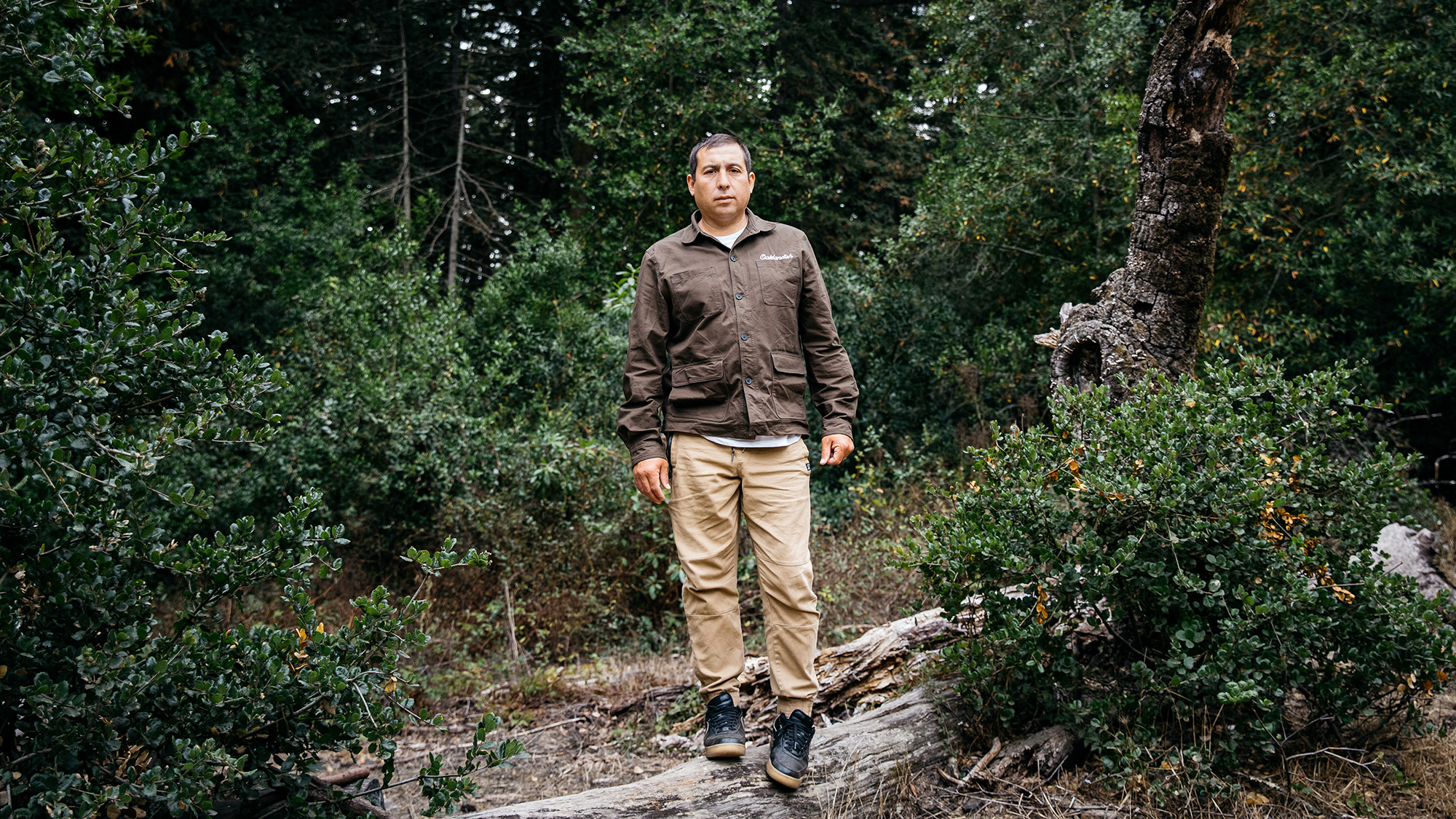#macarthur-fellowship
#macarthur-fellowship
[ follow ]
#tommy-orange #disability-visibility-project #disability-rights #disability-justice #muscular-dystrophy
California
fromwww.berkeleyside.org
4 months agoThe Wire: Chez Panisse expansion menu; Berkeley birthday gang bang love story
Berkeley experiences labor unrest, university developments, local controversies, cultural events and commercial changes, including strikes, academic honors, demolitions, and planned restaurant expansion.
fromThe New Yorker
4 months agoHeather Christian, MacArthur's Newest Genius
She was taking a break from tech rehearsals for the latest production of one of those shows, "Oratorio for Living Things," at the Signature Theatre. Inspired by, as she puts it, "the three Carls"-Sagan, Orff, and (Carlo) Rovelli-"Oratorio" is a musical meditation, for twelve singers, on time, memory, and what it means to be human on a turbulent planet at the edge of cataclysm.
Music
US news
fromwww.mercurynews.com
4 months agoMacArthur genius award' list includes Oakland writer, Berkeley and Stanford scientists
The MacArthur Foundation awarded 22 fellows $800,000 each, including Bay Area recipients Tommy Orange, Teresa Puthussery, and William Tarpeh for literary and scientific contributions.
fromHarvard Gazette
4 months agoLauren Williams awarded MacArthur 'genius grant' - Harvard Gazette
Lauren Williams is a theoretical mathematician and recently she felt stuck in her research, a recurring frustration for a scholar who wrestles with difficult conceptual problems. Then, as Williams worked quietly in her home office, she was jolted by an unexpected revelation: The MacArthur Foundation phoned to inform Williams that she had won a celebrated "genius grant" - a "no-strings-attached" fellowship that provides recipients $800,000 over five years.
Science
fromwww.npr.org
4 months agoScientist on front lines of overdose crisis receives MacArthur 'genius' award
By his own description, Nabarun Dasgupta digs through drug overdose data obsessively, scrutinizing the latest numbers from around the U.S. for clues about America's deadly overdose crisis. In 2024, the researcher at the University of North Carolina at Chapel Hill was one of the first scientists in the country to realize something new was happening: "I was going through [reports] state-by-state and all the graphs kind of pointed downwards," Dasgupta told NPR.
Public health
[ Load more ]





